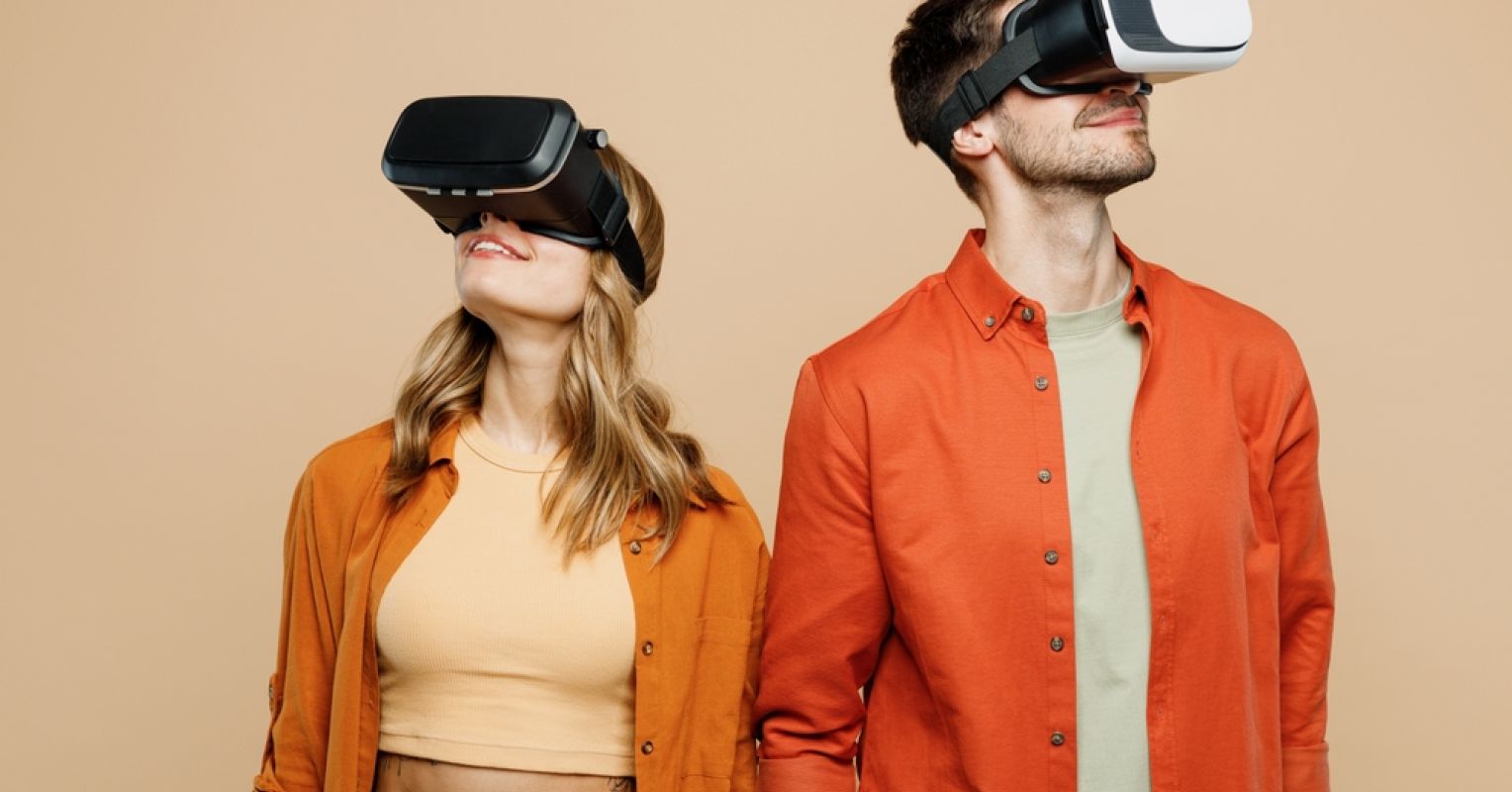In 2025, Japan made global headlines for approving the use of robot companions to help its rapidly aging population. It was a technological answer to a very human crisis known locally as kodokushi, or “lonely deaths.” The Japanese aren’t the only people to address this challenge. In 2018, the United Kingdom appointed Tracey Crouch as the world’s first “Minister for Loneliness,” following a government report that revealed the growing prevalence of isolation. And in the U.S.? A surprising number of Gen Zers now say their closest confidants aren’t people at all, they’re apps.
Despite living in the most connected era in history, millions of us feel utterly alone. The U.S. Surgeon General’s 2023 report even labeled loneliness an “epidemic,” comparing its health risks to smoking 15 cigarettes a day. But as this emotional void widens, something unexpected has happened. Loneliness itself has become a market. Welcome to the loneliness economy, where companionship, digital or otherwise, can now be bought, streamed, or rented.
Capitalizing on Isolation
Do you need someone to talk to at 2 a.m.? There’s an app for that. Replika, one of the most downloaded AI chatbot apps in the world, lets users chat with an artificial companion that “learns” about them over time. Some people even describe their Replika as their “soulmate.” In Japan, there’s a service where you can rent an ossan, literally, an older man, not for romance, but to listen, chat, or stroll through a park. In Seoul and Tokyo, restaurants now feature solo dining booths for those who prefer to eat alone rather than face the discomfort of social small talk.
Therapy apps offer round-the-clock digital support. Wellness retreats promise to “reset” weary millennials searching for meaning. Even pet companies have joined in, renting out animals for short-term cuddles to those not ready for full-time ownership. There’s clearly a deep emotional hunger out there and the market has found endless ways to feed it, for a price.
Is This What Connection Looks Like Now?
What’s really driving this craving for digital affection and paid companionship? At its core, it’s about people feeling untethered. The traditional places we once turned for community, such as churches, neighborhood centers, and even offices, have faded or changed beyond recognition. Remote work keeps many of us apart, and a culture that glorifies independence often makes asking for company feel like weakness. But the most significant shift might be technological. As MIT sociologist Sherry Turkle (2011) once put it, we are now “alone together”, endlessly surrounded by screens and messages, yet starving for something real.
It’s also no longer unusual for people to feel emotionally close to influencers they’ve never met, or to fictional characters who feel more familiar than their neighbors. It’s a kind of intimacy, but one that’s been outsourced. Can these digital surrogates truly satisfy us? Or are we mistaking constant interaction for genuine connection?
A Global Shift in Community
Loneliness is a global public health issue, with real social and economic consequences. It looks different depending on where you are. In collectivist cultures, isolation can carry deep shame; in more individualistic societies, it’s often brushed off as “just being an adult.” Either way, millions of people are quietly aching for the same thing: a meaningful, human connection.
Hope or Harm?
There’s no denying that the loneliness economy fills a need. For people with anxiety, disabilities, or those living in rural areas, virtual companionship and therapy apps can be a lifeline. These services also help normalize the seeking of emotional support, something many cultures still stigmatize. But there’s a darker side. Many of these systems are designed for engagement, not healing. They keep us clicking, but not connecting. As we start to substitute human relationships with curated digital ones, we risk losing the messy, unpredictable beauty that makes real connections so essential.
Social scientist Julianne Holt-Lunstad (2015) has long warned that chronic loneliness carries serious physical and mental health risks, from heart disease to depression. No algorithm, however advanced, can replace the complex web of empathy, touch, and shared experience that only real people can provide.
Loneliness Essential Reads
Reimagining Togetherness
Maybe the loneliness economy isn’t just exploiting our disconnection. Perhaps it’s reflecting it to us. It’s a mirror showing how deeply we crave belonging in a world that keeps splintering apart. The solution might be simple. Create more public spaces where people actually meet. Parks instead of parking lots. Town halls instead of timelines. Conversations that don’t need a notification to start. The loneliness economy may be booming, but if we genuinely want to feel connected again, it’ll take more than intelligent machines. It’ll take us showing up for each other.

